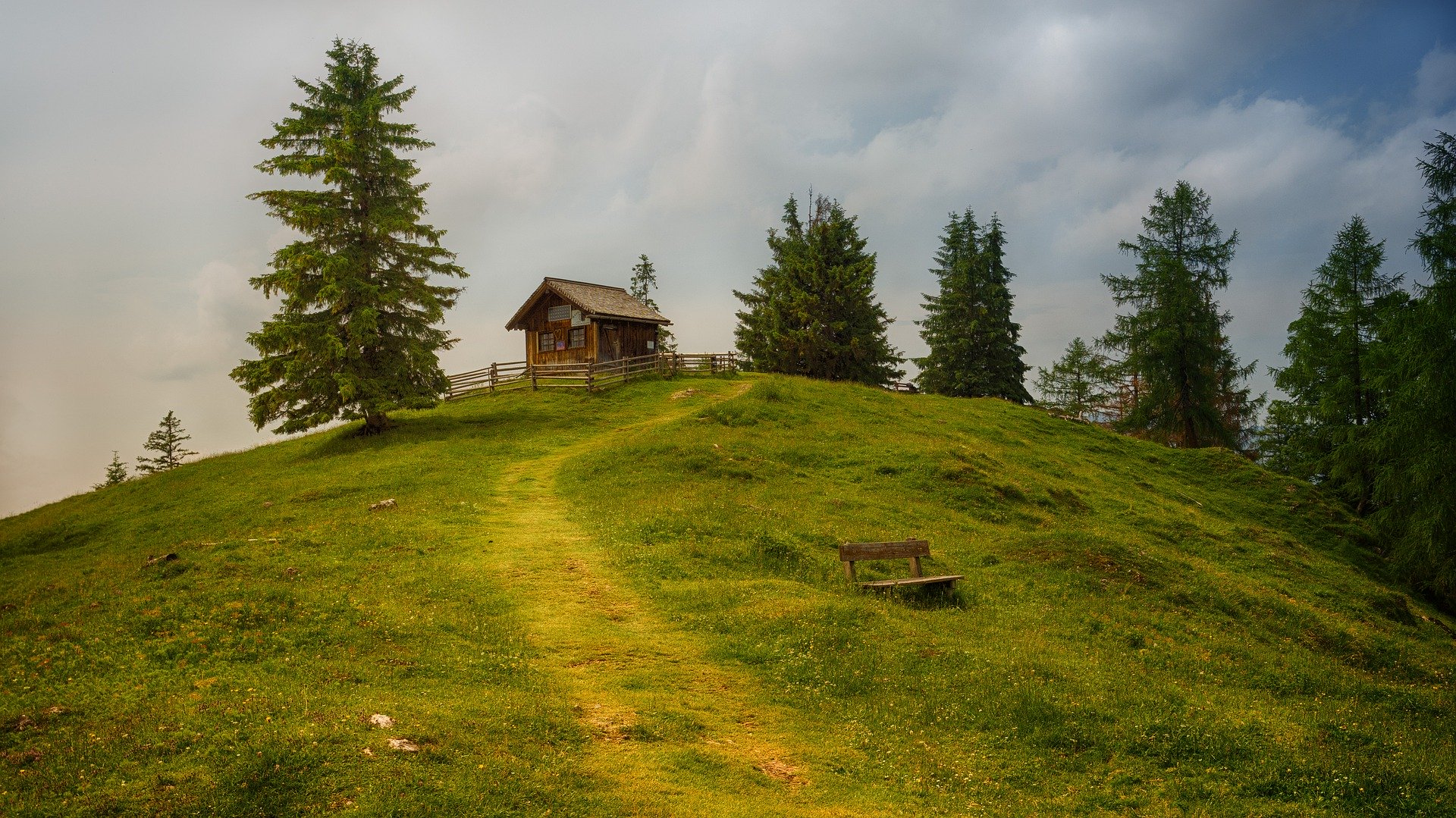RIGHTS OF ACCESS
When considering rights of access between plots, we can identify different situations:
There are rights of access that customarily have been agreed between neighbouring owners to allow them to work on land that was far from a public road. Each owner allowed a few metres (1-1.5) at the edge of their property for a path that, therefore, was 2 to 3 metres wide. If any owner wanted to enclose their property, they would leave that land out of the enclosure. This resulted in a shared ownership over that path, shared commonly by all owners so there was no single owner who suffered the burden of giving access and no single owner enjoying the sole right of use. All owners have the right of use and also the obligation to allow access.
This is an old custom that is not ruled by law, called serventía. Today, as shared property continues, closing the path by any of the owners is unlawful, unfair, and claimable, if one of the owners closes the path denying access.
The most common right of access is that in which one of the plots suffer the burden and the other enjoys the right. This right can not be gained through use over time, no matter what visual evidence can be shown of that use. As no one person is walking constantly on the path there is no continual use and therefore the right is not gainable by time (prescripción).
If both plots once belonged to the same owner and then, one of them changes hands, the right of access will still remain if nothing is said in the transfer deed.
Apart from that, the right of access can be agreed between neighbours or can be imposed by one on another by law if the property is completely surrounded by others and without access to a public road.
In order to do that, without the consent of the other parties, a court resolution must be reached after a claim that involves all the neighbours. This is to resolve which route is the easiest and the shortest way to reach a road, and therefore who is the owner who has to suffer the burden.
The one who gains the right of access has to pay the other the price of the occupied surface area. That does not imply losing property, nor the right to use the land for other purposes. The owner will recover the complete freedom of their land if the access becomes unnecessary because the holder of the right can reach the road by other means.
If a plot is acquired ( by purchase, sharing out, exchange) and becomes surrounded by others belonging to the seller or the other party in the exchange, they are obliged to allow access through their plots without charge unless otherwise stated.
If a neighbour needs to pass through an adjacent property to make some refurbishment to their own property, or to install ladders, scaffolding or other objects for any works, the owner is obliged to consent to it, receiving some compensation for the damage. As simple as it sounds it quite often causes problems between neighbours and requires court action.
Any Questions?
successions@inheritancespain.com
Use this button to obtain further general information
This is not a substitute for specific personal advice for your individual case
If you require further personal advice we will be happy to help







